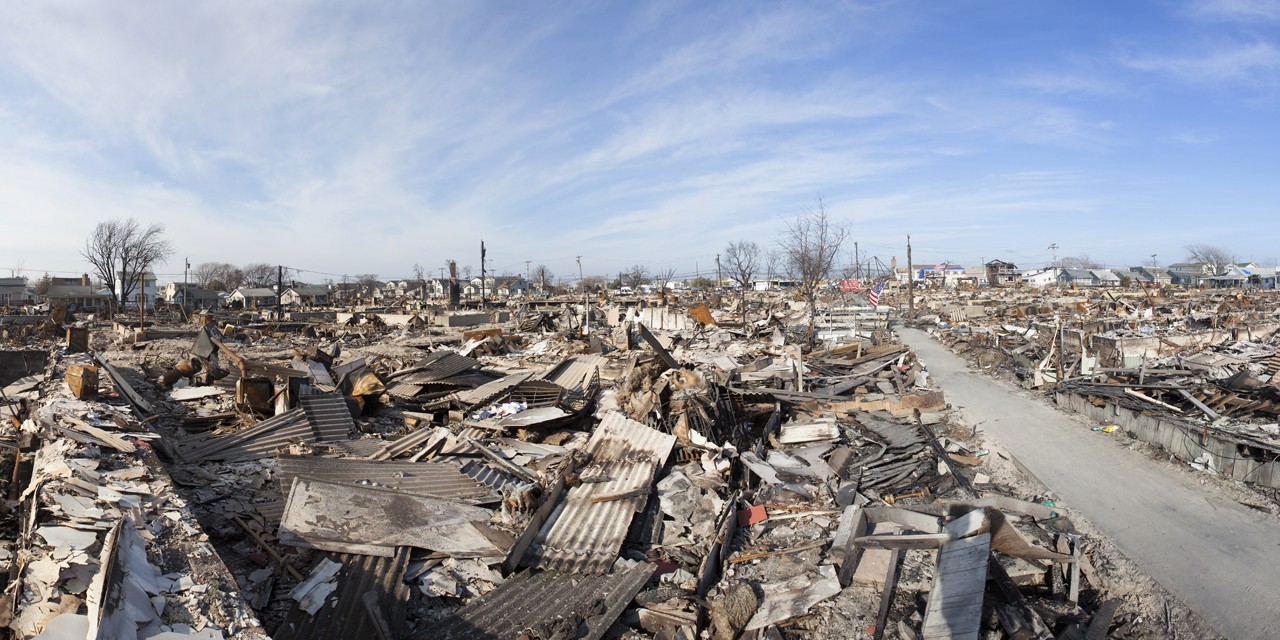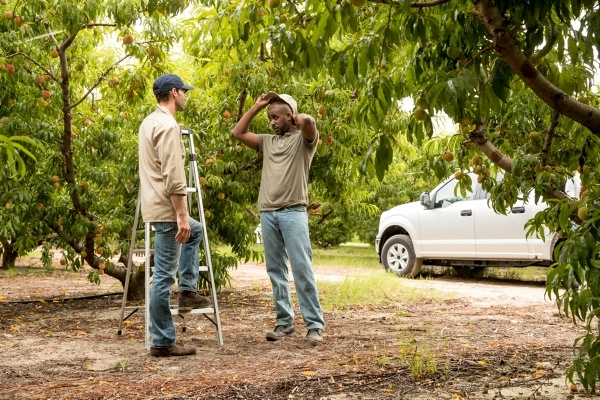Understanding the Types of Damages Caused by Tornadoes

Tornadoes are violent and destructive weather phenomena characterized by rotating columns of air that extend from a thunderstorm cloud to the ground. These powerful funnels of wind can reach incredible speeds, causing extensive damage in their path.
Understanding the types of damages caused by tornadoes is essential for several reasons. Firstly, it allows us to prepare for and mitigate the potential destruction they can bring.Secondly, comprehension of tornado damage aids in developing effective response strategies and emergency plans. Ultimately, a thorough understanding of tornado damage empowers individuals, communities, and organizations to be better equipped in the face of these formidable natural disasters.
Physical Damages Caused by Tornadoes
Infrastructure Destruction
Tornadoes wreak havoc on the built environment, causing severe infrastructure destruction. Buildings are often ripped apart, roofs torn off, and walls collapsed, leaving a trail of debris. Essential structures such as schools, hospitals, and homes can be reduced to ruins in seconds, posing a significant threat to human safety and disrupting communities. Repair and rebuilding efforts after such devastation can be overwhelming, impacting the economy and daily life.
Impact on Natural Landscape
The force of tornadoes extends beyond man-made structures, profoundly affecting the natural landscape. Trees are uprooted or snapped like twigs, and entire forests may be stripped bare. Farmlands suffer substantial losses, with crops destroyed and livestock at risk. Additionally, tornadoes can alter the course of rivers, leading to flooding and altering the ecosystem in the affected regions. The scars left on the land can take years to heal, disrupting ecosystems and wildlife habitats.
Economic Consequences of Tornado Damage
Property and Asset Losses
Tornadoes can cause significant property and asset losses in affected areas. The destructive force of these natural disasters can result in the destruction or severe damage of homes, buildings, and infrastructure. This not only leads to financial losses for individuals and businesses, but also disrupts the local housing market and insurance industry. The costs of repairing or rebuilding damaged structures can be substantial, putting a strain on resources and impacting the overall economy of the affected region.
Disruption to Local Industries
Tornadoes can also cause disruptions to local industries. Manufacturing facilities, agricultural operations, and other businesses may suffer damage to their physical infrastructure, equipment, and inventory. This can result in temporary or even permanent closures, leading to job losses and a decline in economic activity. The ripple effects can extend beyond the immediate area, affecting supply chains and regional economies. The loss of productivity and revenue further exacerbates the economic consequences of tornado damage.
Human and Social Impacts of Tornadoes
Injuries and Fatalities
Tornadoes can negatively impact human lives, causing severe injuries and, tragically, fatalities. The violent winds and flying debris pose significant risks to individuals caught in their path. Survivors often suffer from physical trauma, and communities must cope with the devastating loss of loved ones. These injuries and fatalities not only leave lasting scars on the affected individuals but also deeply impact the social fabric of communities, leading to grief, fear, and an urgent need for support.
Psychological Toll
Beyond the physical damage, tornadoes take a toll on people’s mental well-being. The traumatic experience of witnessing or enduring such a destructive force can lead to various psychological issues, including post-traumatic stress disorder (PTSD), anxiety, and depression. The fear of future tornadoes and the uncertainty they bring can also create long-lasting psychological distress within communities. Addressing the psychological impact of tornadoes is crucial in helping individuals and communities rebuild their lives and foster resilience in the face of future natural disasters.
Mitigation and Preparedness Strategies
Early Warning Systems
Early warning systems play a vital role in minimizing the devastating impacts of tornadoes. Through advanced meteorological technologies, such as Doppler radar and satellite imagery, meteorologists can detect tornado formation and track their paths with greater accuracy. These warnings are then disseminated through various communication channels, including television, radio, text messages, and smartphone apps, ensuring that as many people as possible receive the life-saving information. Moreover, community education programs on tornado safety and preparedness help individuals understand the significance of early warnings and equip them with the necessary knowledge to respond effectively.
Designing Resilient Structures
Designing resilient structures is essential in mitigating the destructive effects of tornadoes. Building codes and regulations must incorporate specific guidelines to enhance structural integrity and withstand the powerful forces generated by these storms. Reinforced concrete and steel construction techniques, along with impact-resistant windows and doors, are key components of tornado-resistant structures. Implementing measures like storm shelters or safe rooms within residential and public buildings provides a designated space for people to seek protection during tornado events. Furthermore, innovative construction materials and techniques, such as tornado straps and reinforced roof connectors, can be employed to enhance the durability of buildings and minimize damage.
Understanding the types of damages caused by tornadoes is crucial for effective preparedness and mitigation efforts. By comprehending the physical, economic, and human impacts of these destructive storms, individuals and communities can better equip themselves to face the challenges and minimize the devastating consequences. Awareness and education play a vital role in fostering resilience, as they empower people to take necessary precautions and respond appropriately during tornado events. Moreover, collective efforts, including the implementation of early warning systems and the design of resilient structures, are essential in reducing the damage caused by tornadoes and safeguarding lives and property. Through increased awareness, education, and collaborative action, we can strive towards minimizing tornado damage and building more resilient communities.
Publisher’s Details:
Save the Day Restoration
2424 Gundry Ave, Signal Hill, CA 90755
(866) 352-4603
savethedayrestoration.com
info@savethedayrestoration.com
When tornadoes cause damage to your home, rely on Save The Day Restoration for the best damage restoration services in Orange County, CA. Their blog post “Restoring Your Home After Storm Damage” provides valuable insights and guidance on the restoration process, ensuring your property is restored to its pre-disaster condition.













